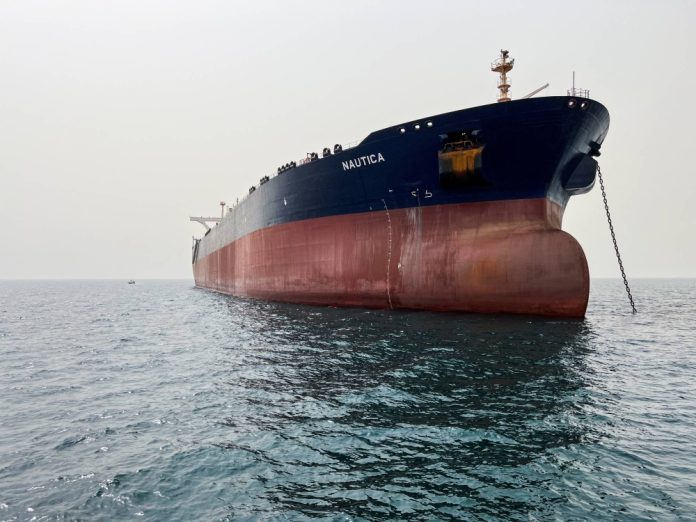Houthi attacks on merchant ships, the US and allied military response led to widespread disruption of global trade in petroleum products, resulting in a shortage of oil tankers.
Only two new supertankers are due to join the fleet in 2024, the lowest number in nearly four decades and about 90 per cent below the annual average for this millennium. In 2025, there will be only five, according to Banchero Costa. That’s compared to 42 ships delivered in 2022.
The lack of new capacity over the situation in the Red Sea is starting to take its toll: rates have risen sharply and voyage times have increased. As a consequence, the duration of trades, already lengthened by the Ukraine-Russia conflict, is increasing.
“The impact of the diversions can be seen every day in shipping in general and I would say crude oil and product tanker shipping,” Alexander Saverys, chief executive officer of Euronav NV, one of the largest pureplay owners, said on an earnings call earlier this month.
While other commercial vessels began avoiding the Red Sea soon after the attacks began in November, oil and fuel tankers were in no hurry to leave. Tankers sail around southern Africa rather than through the Red Sea and Suez Canal, the growing dark fleet means that many vessels are only available to certain customers.
That changed last month when US-UK forces began bombing Yemen in an attempt to quell the incidents, but the military intervention has caused many of the world’s leading tanker owners to stay away.
Oil deliveries have generally become more long-distance following the realignment of global oil flows since the conflict in Ukraine began. Deliveries to Europe now take weeks to reach other parts of the world. Disruptions in the Red Sea further increase sailing times.
While there has been a recent increase in orders, it is taking years to receive them, as shipyards are filled with container ships ordered during the pandemic, as well as requests for liquefied natural gas carriers.
In addition, OPEC+ continues to cut production to support oil prices, which has led to a decline in offshore oil transports, which are now below the levels reached a year ago.
Despite this, equity analysts are largely optimistic about tanker owners. Frontline Plc, the world’s largest listed tanker owner, has 12 buy recommendations from the 16 companies it covers. International Seaways Inc., another of the 10 largest companies, has 11 buy recommendations from 11 analysts.
